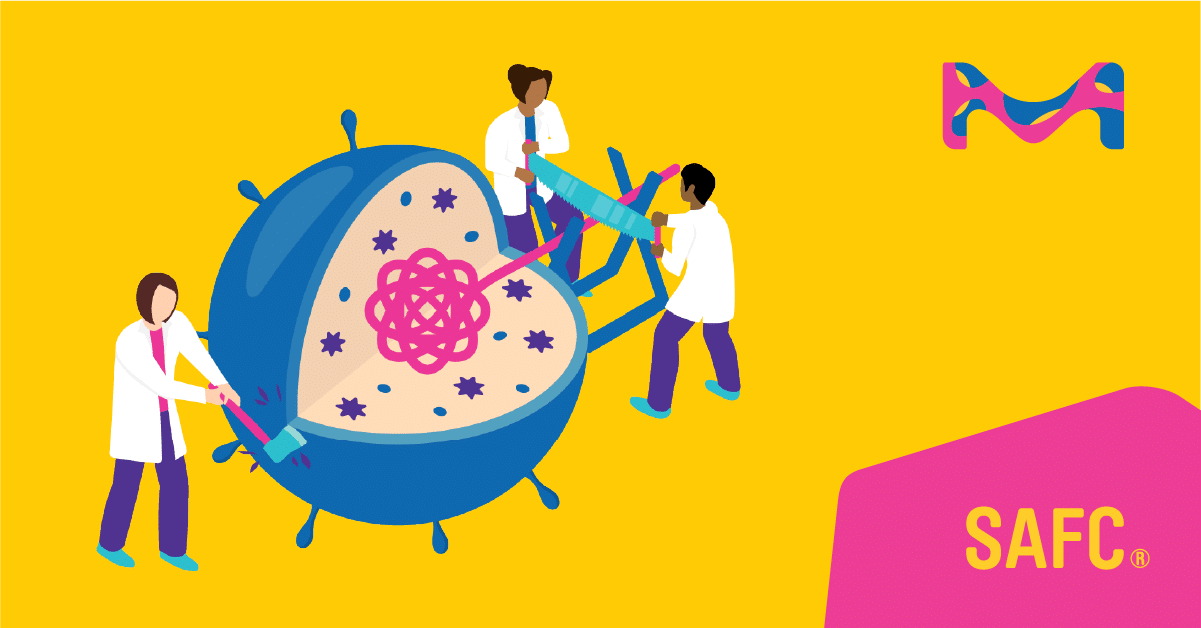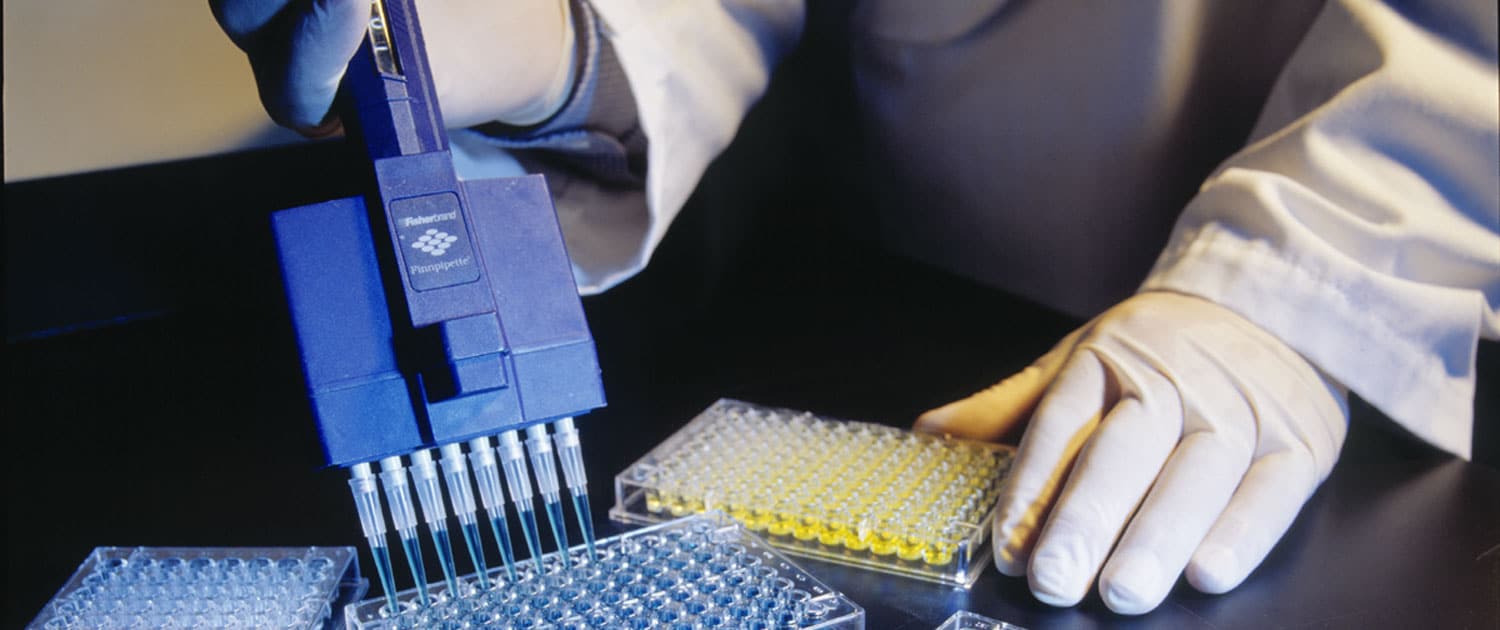Essential steps in the manufacturing of adeno-associated virus (AAV) vectors are lysis of cells used to produce the vectors and nuclease treatment. This midstream step relies on detergents to solubilize the lipid bilayer of the cells to release the vectors, followed by digestion of host cell DNA and remaining plasmids using an endonuclease. The digestion step helps to ensure patient safety by reducing any residual DNA to less than 10 ng/dose with a fragment size of less than ~200 base pairs. This digestion step also improves downstream process efficiency.
In a new overview of this process, our experts describe key considerations for both cell lysis and nucleic acid digestion. This overview also describes how the combination of a high salt concentration, and a salt tolerant endonuclease can be used to increase vector titer and infectivity. We used advanced protein engineering techniques to develop the non-animal origin, salt tolerant Benzonase® endonuclease for AAV vector production that can be used at salt concentrations of up to 1000 mM.
We also include a discussion of how the new endonuclease leads to an increase of AAV5 capsid titers by an average of 29% when used in lysis buffer with 500 mM salt. The effect of this salt concentration on AAV2 vector infectivity is also described. When the salt concentration was increased to 500mM, an increase of infectivity of at least 10x was observed, regardless of the detergent used for cell lysis.













